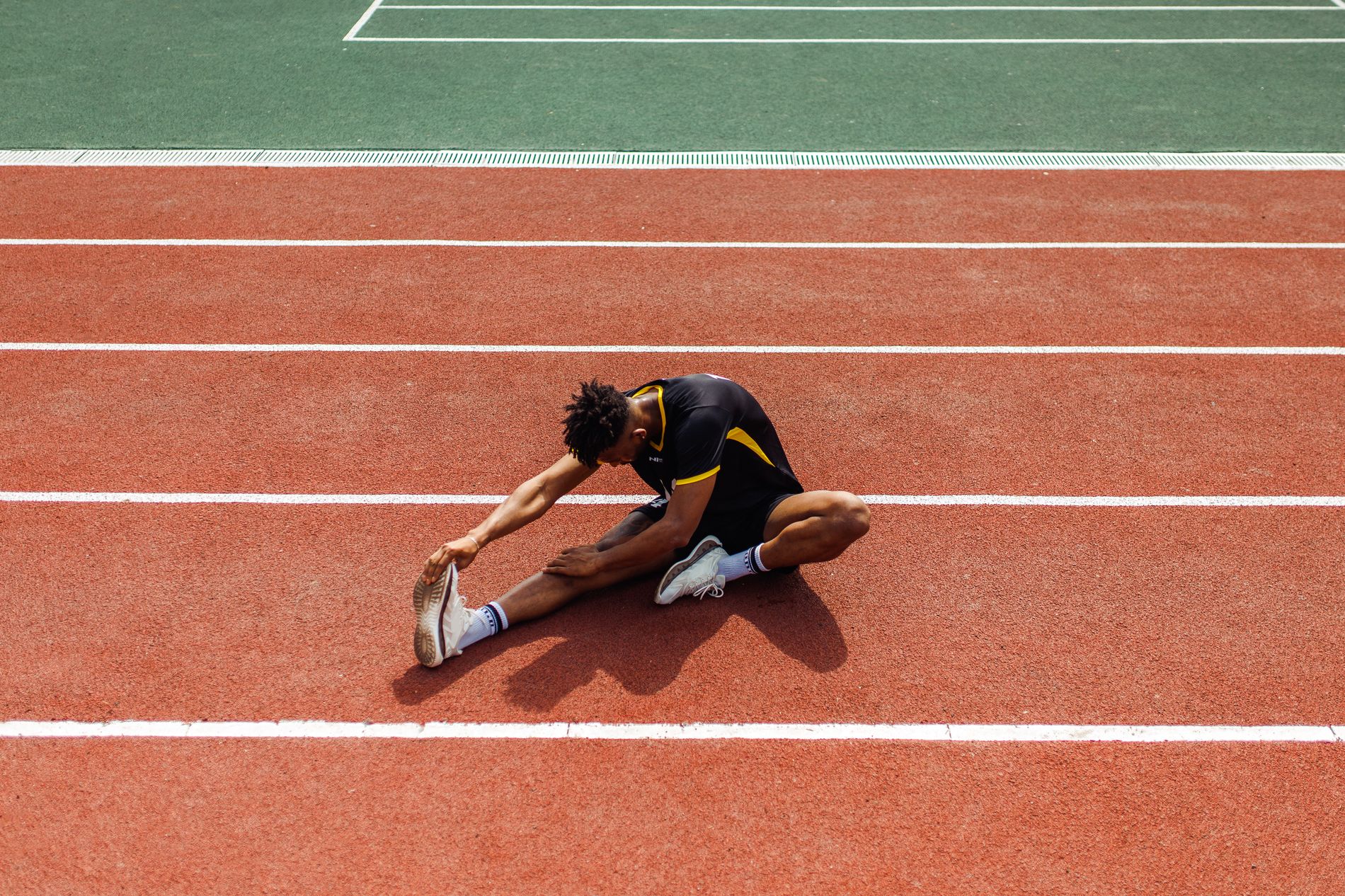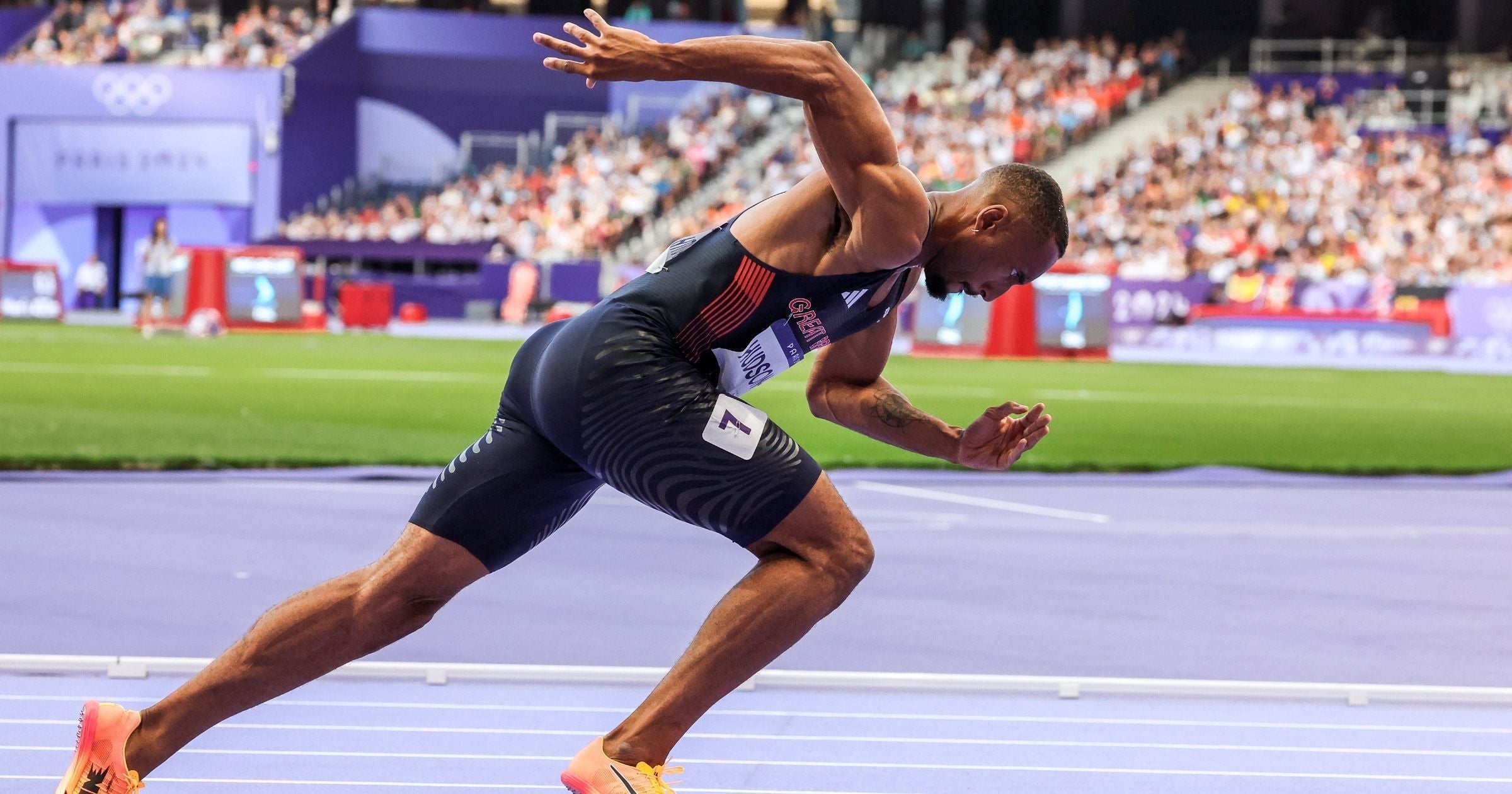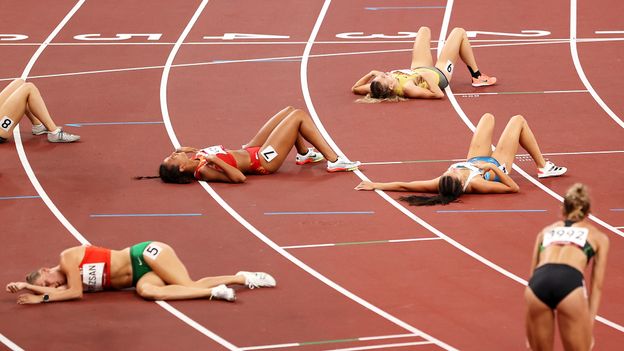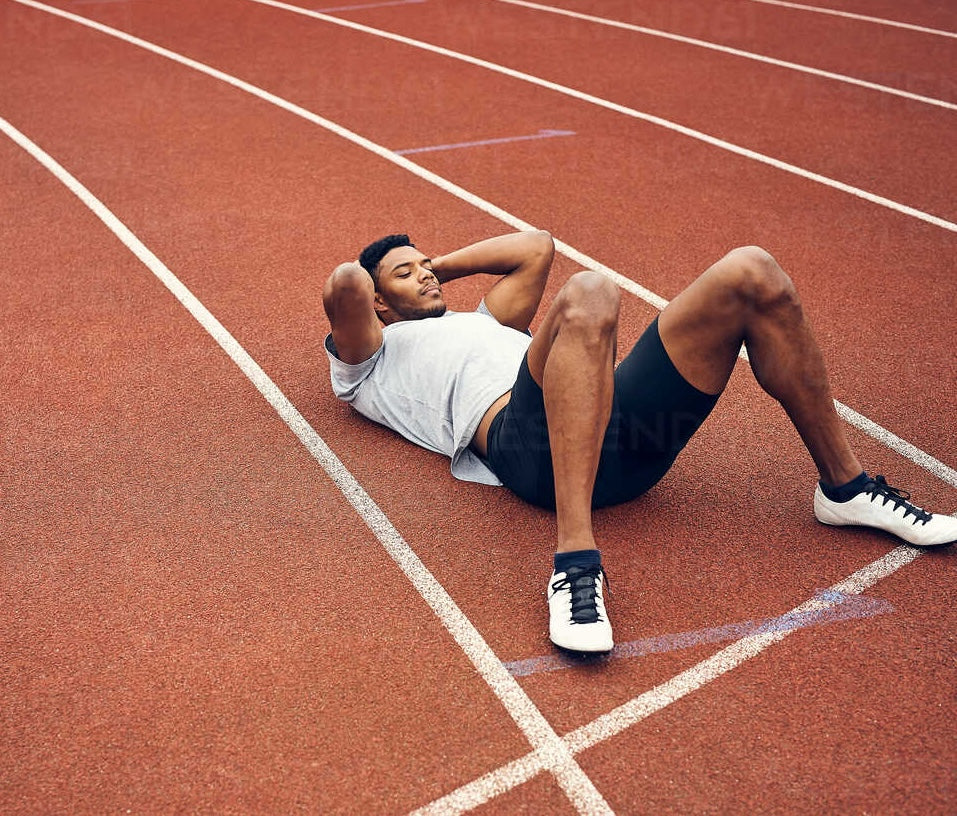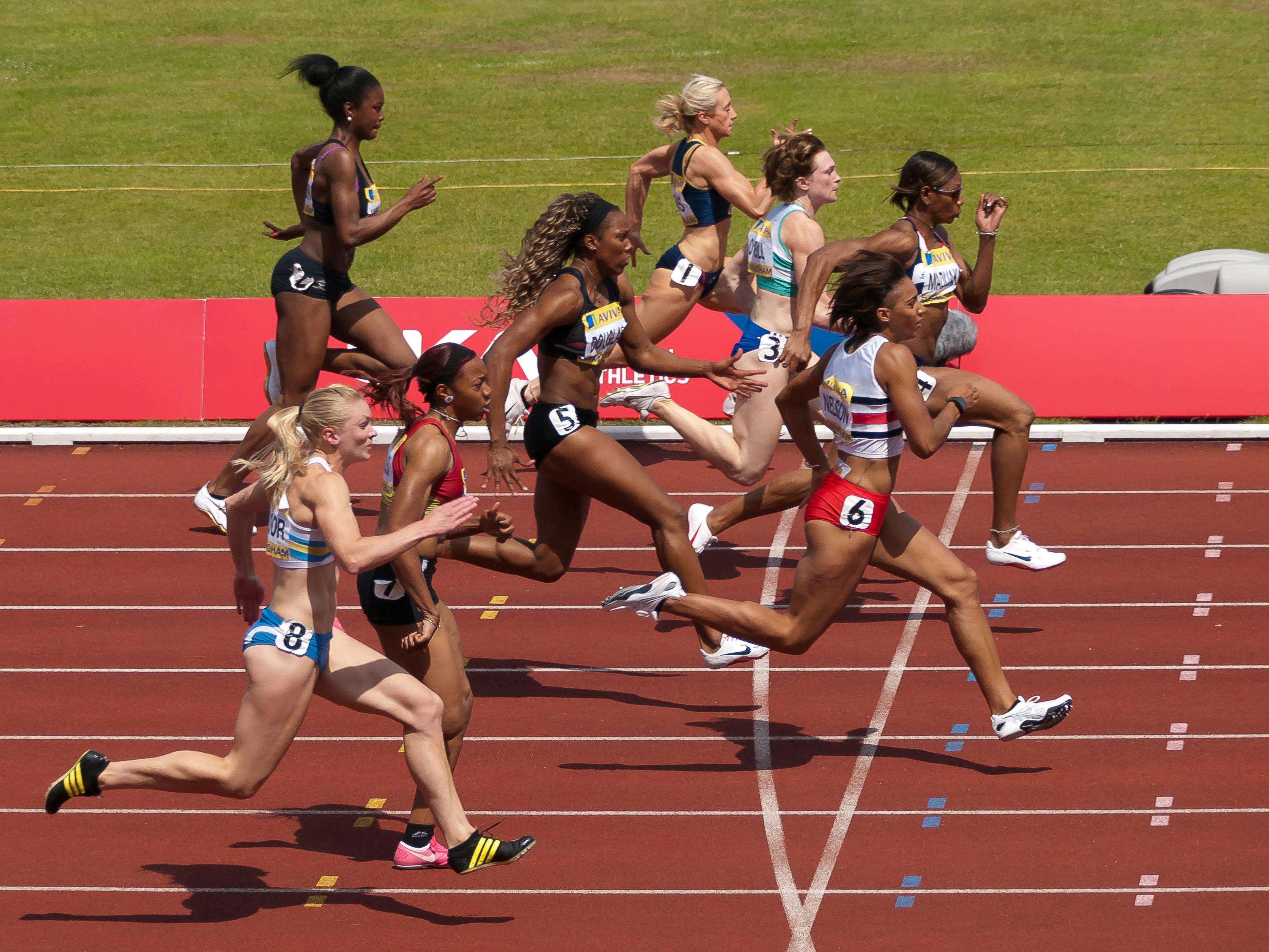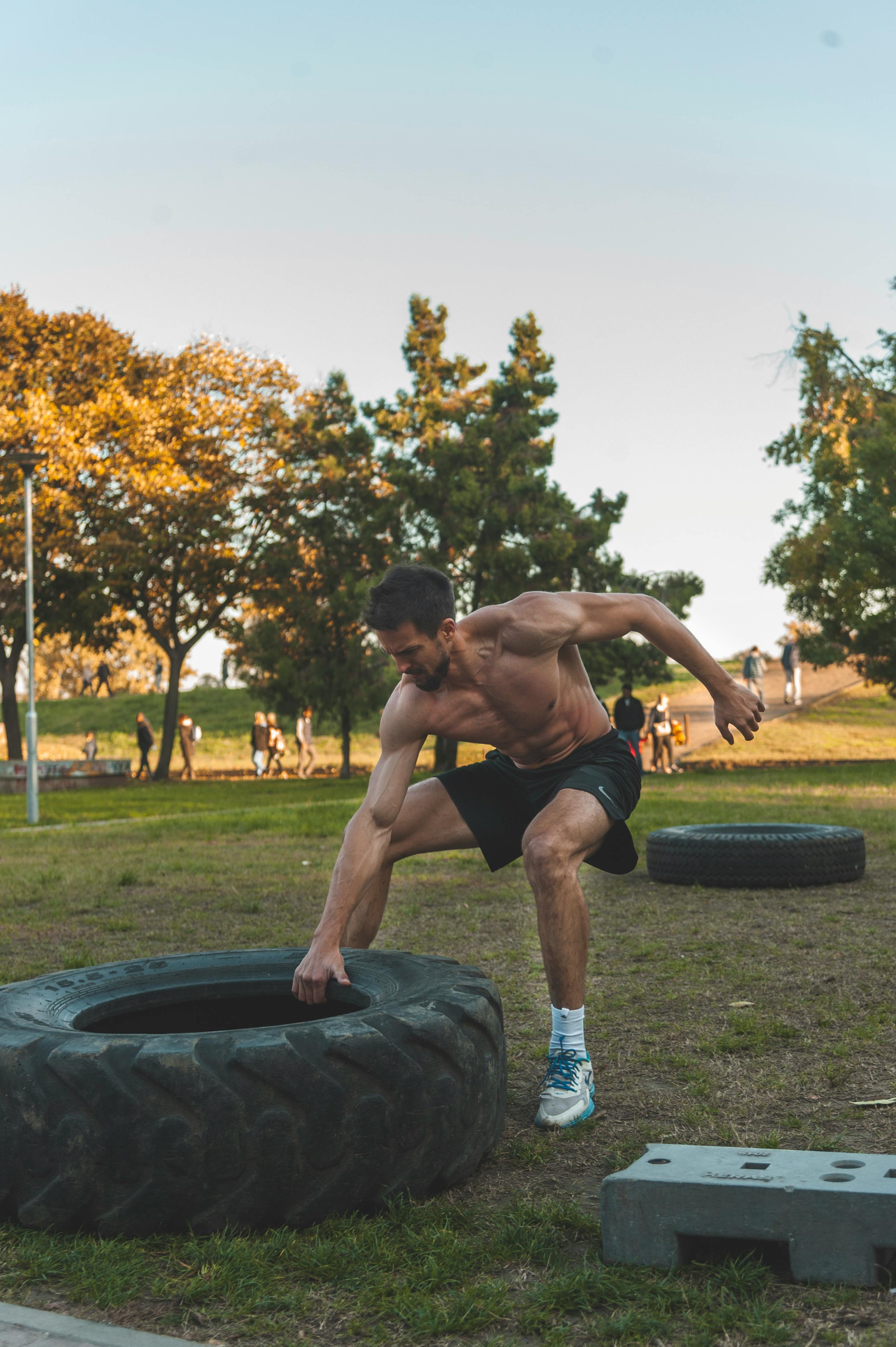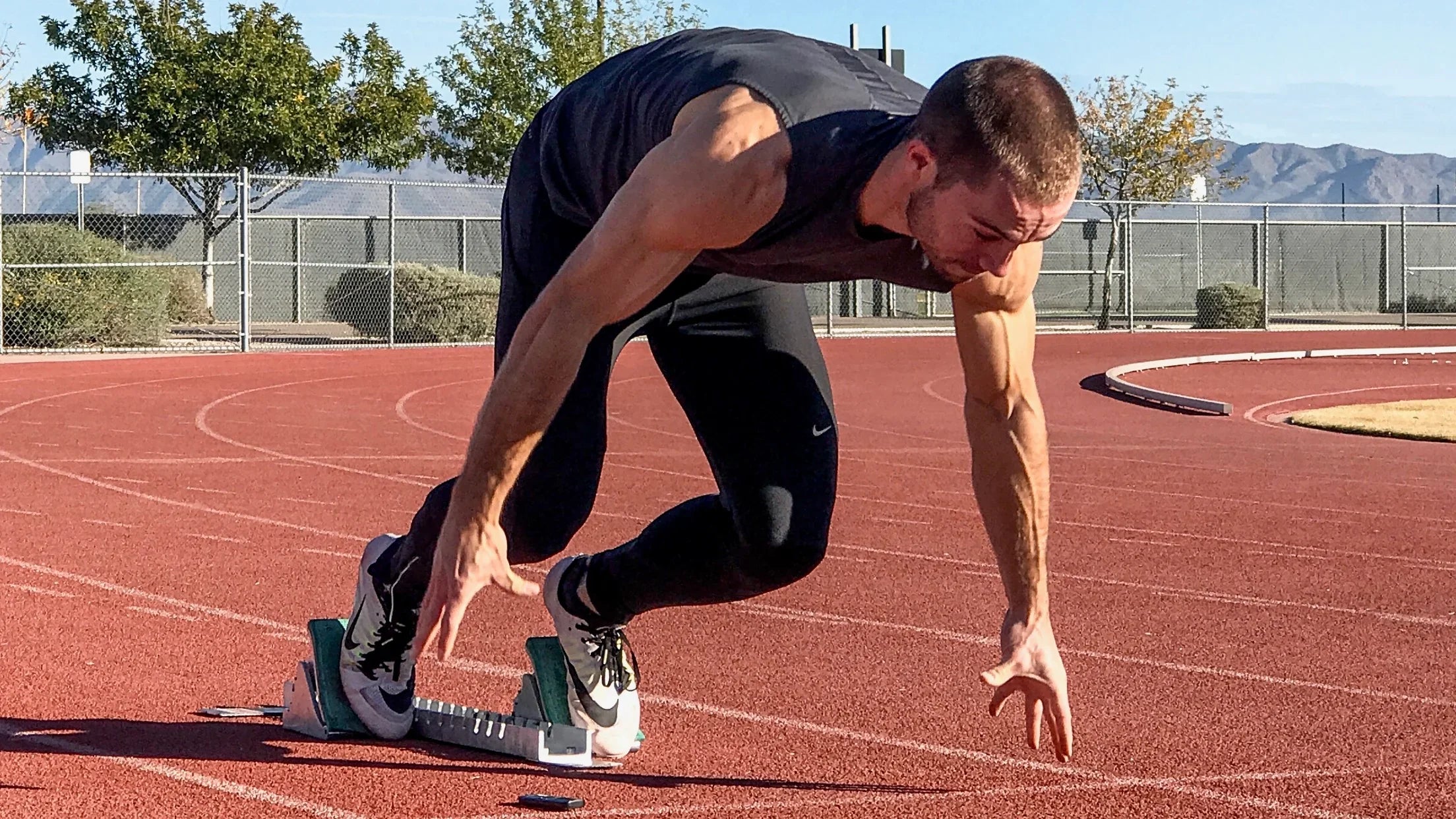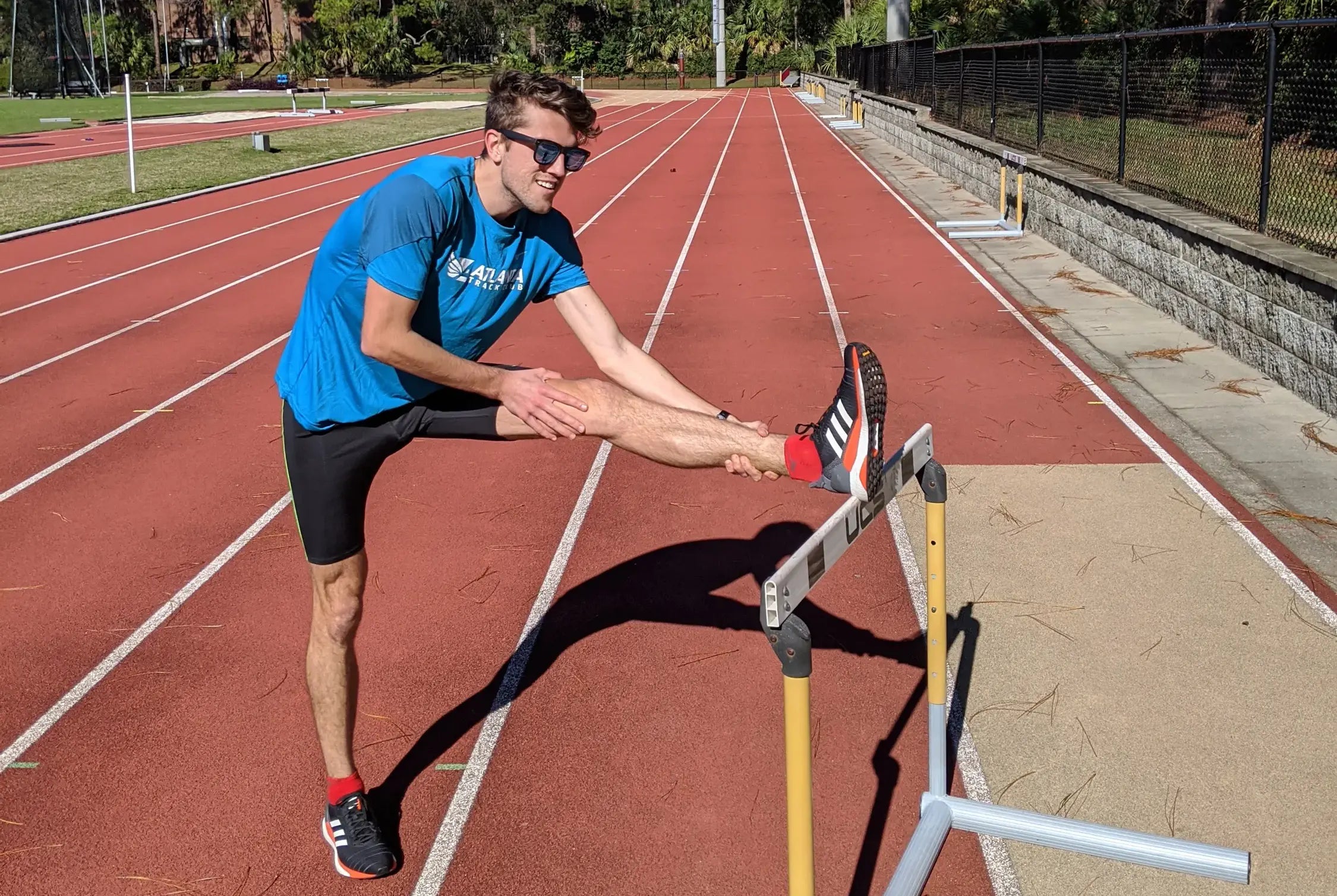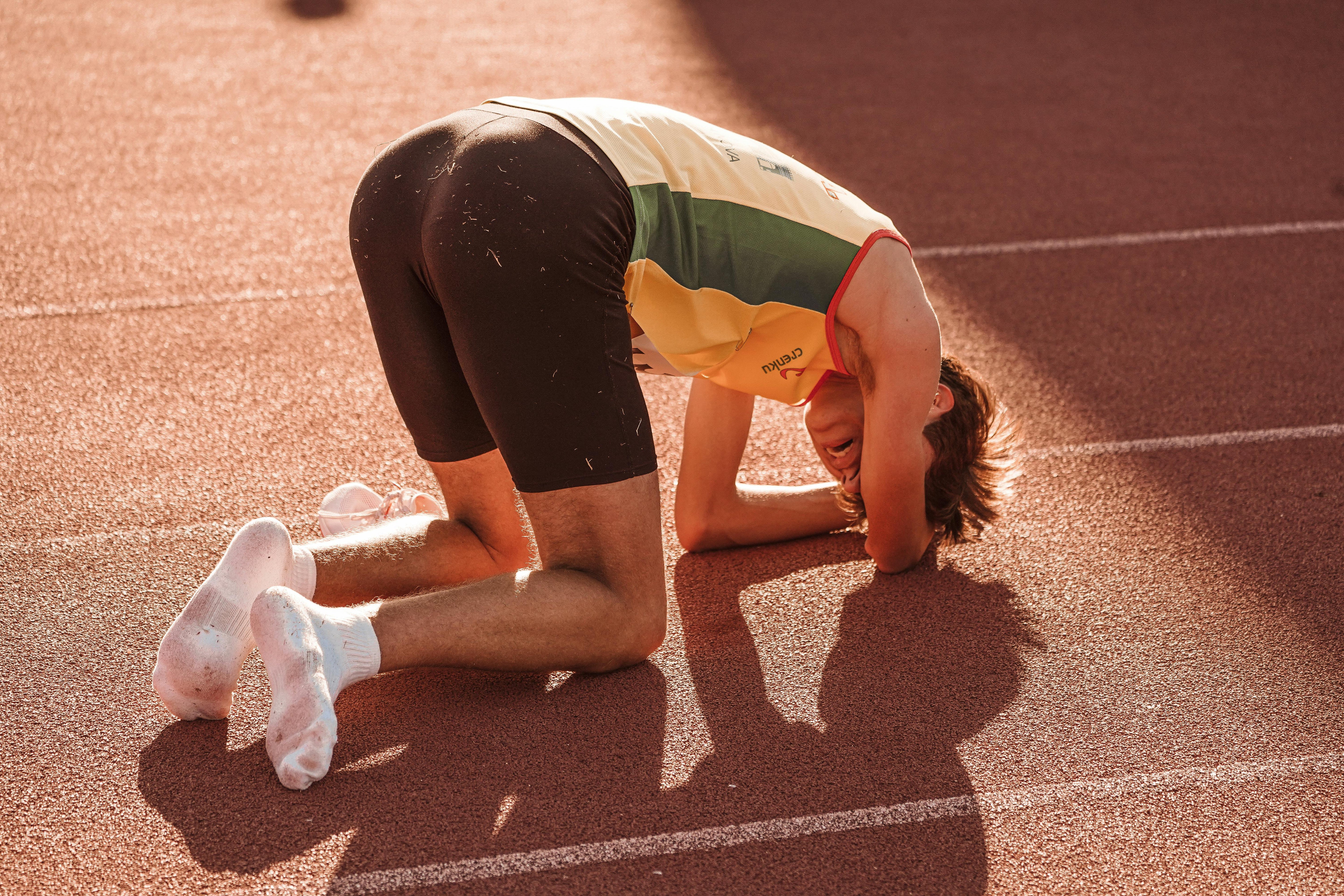Sleep Like an Athlete: Rest as a Performance Tool
Athletes don’t just train hard — they recover hard. One of the most powerful tools in sports performance isn’t a new shoe or gadget, but something we all have access to: sleep. To sleep like an athlete means treating rest with the same discipline and strategy as training.
Tips for Better Rest: How to Sleep Smarter and Recover Stronger
Rest is more than just closing your eyes — it’s the foundation of recovery, energy, and performance. Quality rest allows your body to repair muscles, balance hormones, sharpen focus, and strengthen the immune system. Here’s how to improve it.
Sleep Cycles and Recovery: How Runners Recharge Stronger
The Importance of Sleep for Runners
For runners, training often gets the spotlight — the miles logged, the workouts completed, the races prepared for. But one of the most powerful performance tools isn’t on the track or the trail. It’s in your bed. Sleep is the foundation of recovery and performance, and without it, even the best training plan falls short.
Not every run should be fast. In fact, some of the most valuable runs you do will be the slowest. Recovery runs — short, easy sessions performed after hard workouts — play a critical role in helping your body adapt, repair, and grow stronger.
Mental Wellness: The Other Half of Performance
Running is often celebrated for its physical benefits — stronger muscles, healthier heart, better endurance. But one of its greatest gifts is what it does for the mind. Mental wellness is just as important as physical training, and it’s what allows athletes to stay consistent, motivated, and resilient through challenges.
Post-Run Recovery: How to Rebuild and Come Back Stronger?
A run doesn’t end when your watch stops. Recovery is where the real progress happens — muscles repair, energy stores are replenished, and the body adapts to become stronger. Without proper recovery, the risk of fatigue, injury, and burnout increases. With it, you set yourself up for consistent improvement and peak performance.
Stretching and Mobility: The Keys to Healthy, Efficient Running
Running is a repetitive motion. Every stride puts stress on muscles, joints, and connective tissues. Without flexibility and mobility, this repetitive stress builds up, leading to stiffness, inefficient movement, and eventually injuries. Stretching and mobility are the tools that keep the body balanced, resilient, and ready to perform.
Running is one of the most accessible forms of exercise, but it also places repetitive stress on the body. Up to 70% of runners experience an injury each year, often from overuse or poor mechanics. The good news? Most injuries can be prevented with smart training, proper recovery, and strength work.
